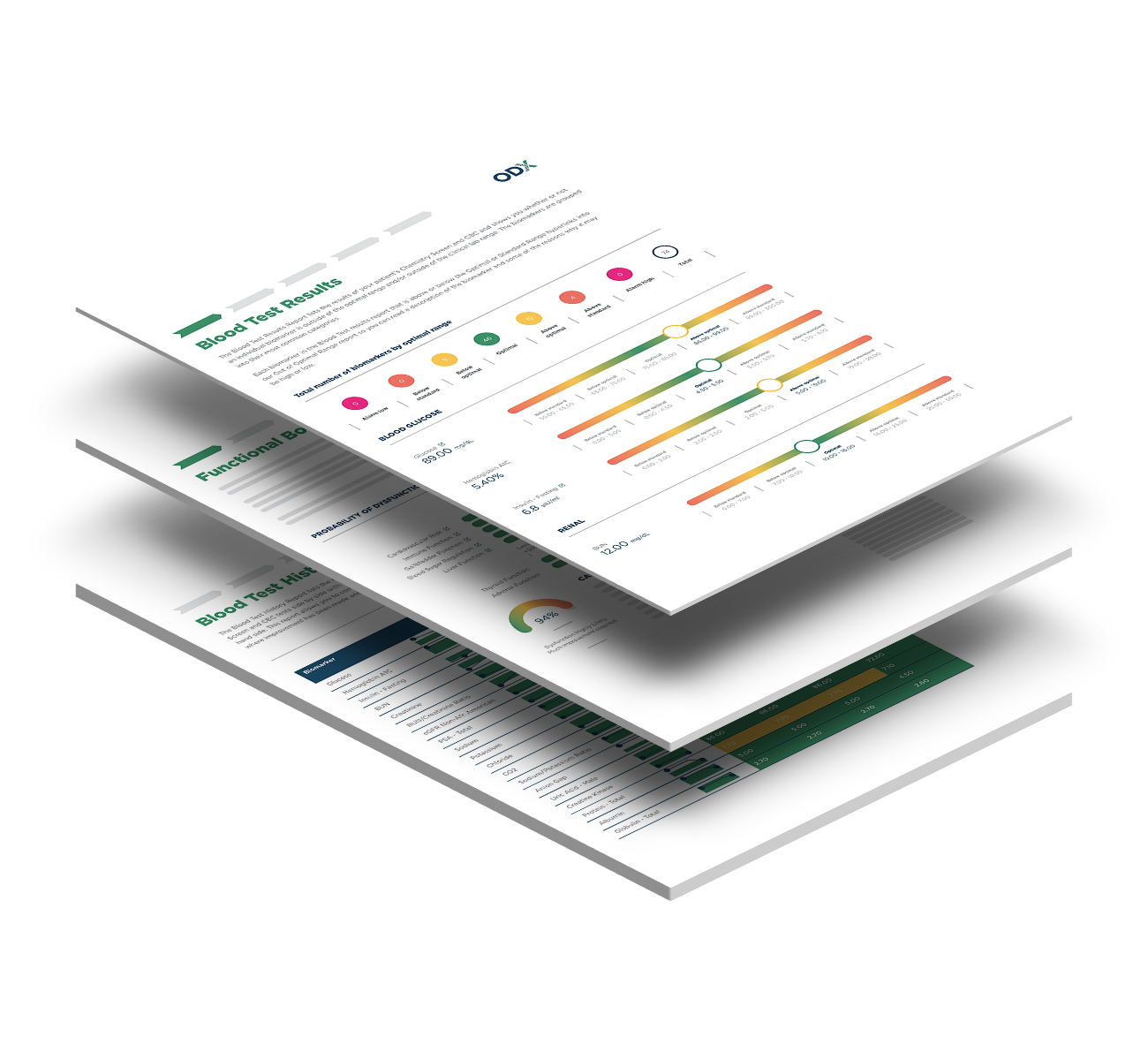Welcome to part 1 of the ODX Stress Biomarkers Series. In this series, the ODX Research team explores the causes, characteristics, and biomarkers of stress, as well as how to cope with it optimally. From sources to physiology to biomarkers, this series provides a roadmap into and out of stress.
The ODX Stress Biomarkers Series
- Stress Part 1: A Quick Overview
- Stress Part 2: How Do We Get Stressed Out?
- Stress Part 3: The Physiology of Stress
- Stress Part 4: Hormonal Control of the Stress Response
- Stress Part 5: Identifying Stress
- Stress Part 6: Disorders Associated with Stress
- Stress Part 7: Biomarkers of Stress Overview
- Stress Part 8: Biomarkers of Stress, Individual Markers
- Stress Part 9: Addressing Stress: Can We Treat It or Beat It?
- Stress Part 10: Nutrition and Stress
- Stress Part 11: Optimal Takeaways
Stress - A Quick Overview
Stress is ubiquitous. How we respond to it and cope with it depends on our resiliency as well as our perception of that stress. The stress response allows us to adapt to our environment, in some cases challenging or “fighting” a potential adversary, and in some cases wisely fleeing that adversary or negative stressor (“flight”).
However, frequent or chronic stress can lead to impaired adaptation and increased risk of systemic inflammation; immune dysfunction; premature aging; cognitive decline; metabolic disorders including cardiovascular disease, diabetes, and inflammatory bowel disease; and even psychological disorders such as anxiety, depression, and PTSD.[i]
Prolonged stress can significantly disrupt psycho-neuro-immune balance, resulting in commonly recognized psychological and physiological symptoms. Biomarkers associated with stress reflect the major systems involved, e.g., the autonomic nervous system (alpha-amylase, epinephrine, norepinephrine), HPA axis activity (cortisol, CRH, ACTH), and immune system activity (inflammatory cytokines, CRP).[ii]
Identifying potential stressors, monitoring physiological and psychological changes, and intervening with stress management techniques are crucial steps to addressing stress in a healthy and effective manner.
Stress is a broad term referring to a stimulus or event that disturbs homeostasis and generates a response in the stressed individual. Stress may be considered “eustress,” meaning it can have a positive, motivating effect. However, we often we think of stress as distress, which can have negative emotional and physical effects, especially if prolonged.
The negative consequences of stress are related to a “crisis mode” emotional and physiological response. This response allows an organism to mobilize resources and either fight the stressor (or aggressor) or take flight in the classic “fight or flight” response.[iii] Basically, the stress response puts us into survival mode.
There are biochemical and physiological changes that can be identified and addressed in order to modify the effects of prolonged stress on the body. Fortunately, there are also a number of interventions that can reduce the negative effects of stress. These include active stress management, healthy diet and lifestyle habits, and targeted nutrition support.
This blog series will cover
- How We Get Stressed Out
- Common Sources of Stress
- The Physiology of Stress
- Hormonal Control of Stress
- Immune System Effects of Stress
- Identifying Stress
- General Adaptation Syndrome
- Disorders Associated with Stress
- Biomarkers of Stress
- Addressing Stress
- Nutrition and Stress
- Optimal Takeaways
References
[i] Frankiensztajn, Linoy Mia et al. “The microbiota and the hypothalamus-pituitary-adrenocortical (HPA) axis, implications for anxiety and stress disorders.” Current opinion in neurobiology vol. 62 (2020): 76-82. doi:10.1016/j.conb.2019.12.003
[ii] Nater, Urs M et al. “Biomarkers of stress in behavioural medicine.” Current opinion in psychiatry vol. 26,5 (2013): 440-5. doi:10.1097/YCO.0b013e328363b4ed
[iii] Singh, K. "Nutrient and stress management." J Nutr Food Sci 6.4 (2016): 528.






